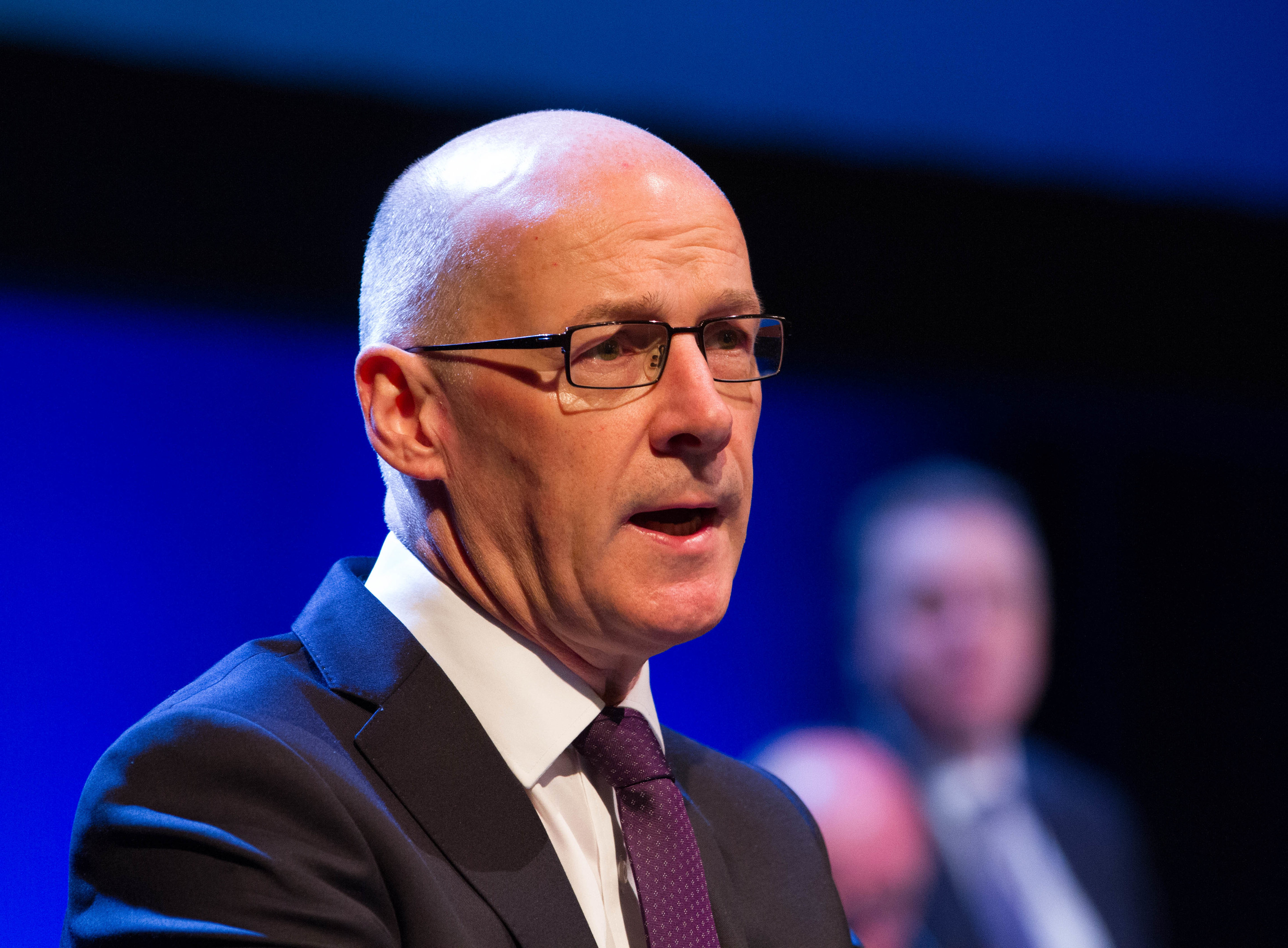John Swinney derided the return of Better Together when opposition leaders told him the economic case for independence is “well and truly bust”.
Scottish Conservatives leader Ruth Davidson said downgraded oil revenue forecasts released on Wednesday expose the SNP’s “entire prospectus” for independence as “bogus.”
Kezia Dugdale, who heads up Scottish Labour, said the SNP’s sums for how much Scotland would get in oil tax receipts in its first two years as an independent state could be out by as much as £21bn.
Official forecasts from the Office for Budget Responsibility released this week predicted revenues from the sector of just £4.6bn in the next five years, a downgrade on its November estimate.
Ms Dugdale said: “The truth John Swinney can’t escape from is that the economic case for independence is well and truly bust.”
Mr Swinney, who was standing in for Nicola Sturgeon at First Minister’s Questions while she was at a memorial event in London, taunted Ms Dugdale about the cross-party Better Together campaign, which saw the Tories and Labour join forces against independence in 2014.
The Deputy First Minister said: “At the first available opportunity they have come back together again. It’s like they have never had a moment apart.”
Mr Swinney told Ms Davidson that the then Prime Minister had promised in 2014 that Scots would benefit from a £200bn oil boom if the voted No – and that rejecting independence would be the best way to secure the country’s place in the EU.
He added the No campaign had been “shattered by these broken promises” before hailing a new opinion poll commissioned by STV that showed 50% of Scots support independence, up from 45% in the 2014 referendum.
Ms Davidson spoke out against Nicola Sturgeon “gunning” for an independence referendum next year, with the SNP leader saying an autumn date would be “common sense”.
The Tory MSP said: “I call it nonsense because most people in Scotland do not want it.”
